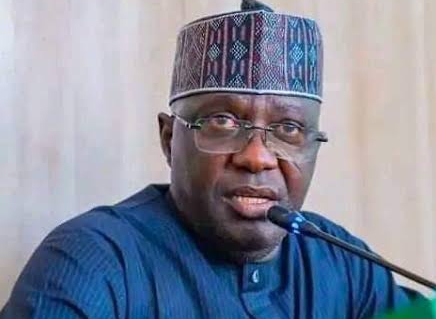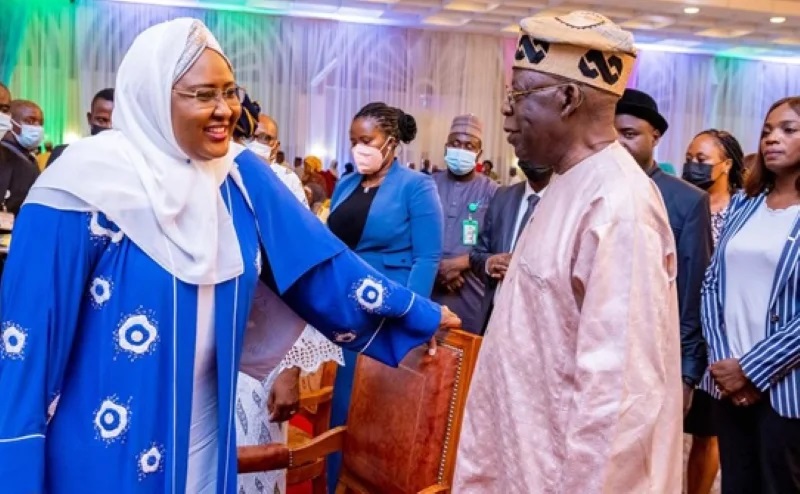In a recent announcement, the Federal Government has confirmed that it is actively working on plans to ensure the safe return of 15,000 Nigerians who find themselves stranded in countries such as Cameroon, Niger, Chad, and beyond.
Alhaji Tijani Ahmed, the Federal Commissioner for the National Commission for Refugees, Migrants and Internally Displaced Persons (NCFRMI), shared this news during a media briefing held in Abuja on Friday. He emphasised the urgent need to provide a safe and dignified way for these citizens to come back home.
During his address, Ahmed noted that there are currently around six million displaced individuals within Nigeria, alongside thousands of refugees scattered across various parts of the world.
“We have a significant number of 15,000 Nigerians who wish to return home voluntarily, and we also have more than 100,000 foreigners living in Nigeria as refugees,” he explained. “It is our responsibility to support all these individuals.”
He took a moment to acknowledge the ongoing efforts of the government and expressed his gratitude to President Bola Tinubu for the backing given to both the commission and the Ministry of Humanitarian Affairs.
In addition to the repatriation efforts, Ahmed announced that Nigeria will soon host its first thematic meeting as part of the Rabat Process, with over 100 delegates from 57 partner countries expected to attend. This Euro-African dialogue on migration and development, which Nigeria took on as chair in January 2025, aims to foster discussions on important migration issues.
The meeting, taking place on 13 and 14 May, is themed “Youth, Innovation and Education: Driving the Future of Migration.” “This is a fantastic opportunity for bilateral discussions that can lead to better governance of migration,” Ahmed remarked. “Being involved in these platforms allows us to share knowledge and improve our migration management strategies.”
He also touched on the challenges faced in managing migration, highlighting the importance of educating younger generations about safe and legal migration routes. “It’s crucial to inform potential migrants about the risks associated with irregular migration, which can have devastating consequences,” he stated. “We need to advocate for legal pathways that can help reduce the number of people who resort to dangerous and illegal methods.”
Ahmed reiterated that irregular migration can lead to significant hardship and peril, often leaving individuals unable to return to their countries of origin. He called for better collaboration among various stakeholders, including the media, to enhance the governance of migration and ensure that those in need receive the support they deserve.





